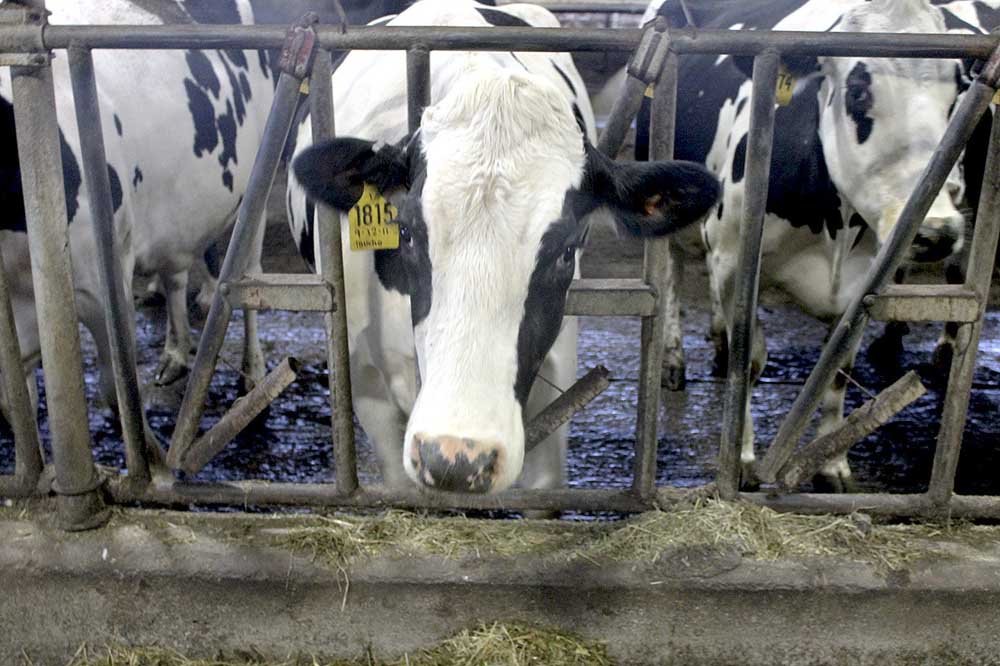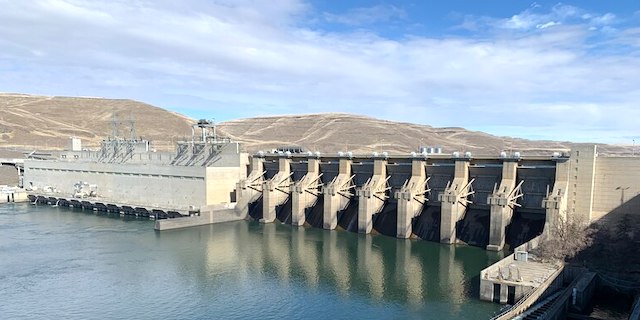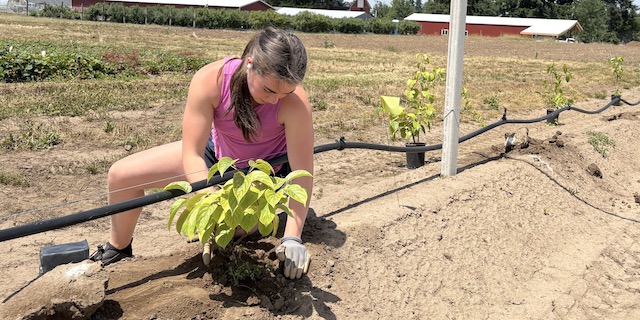Nonexistent manure study sways Washington court
Published 10:00 am Wednesday, October 13, 2021

- Dairy cows in Whatcom County, Wash. The Washington Pollution Control Hearings Board has ruled that the state's manure lagoon standards should match those of the Natural Resources Conservation Service for the separation between the bottom of lagoon liners and groundwater.
A Washington court that ruled against the dairy industry was swayed by a nonexistent study that purportedly found massive amounts of nitrates leaching from manure composting piles into groundwater.
The court’s confusion stemmed from an email from a state Department of Agriculture hydrogeologist and comments environmental groups submitted as the Department of Ecology worked on rules in 2015 for confined animal feeding operations.
Supposedly performed by the agriculture department, the study was cited by the Court of Appeals Division II in June as evidence that Ecology wasn’t adequately regulating dairies.
The agriculture department said Tuesday that it did not do such a study, confirming the suspicions of Washington State Dairy Federation policy director Jay Gordon.
Gordon said the amount of nitrogen reportedly reaching groundwater was “stunning” and that he couldn’t find the study. “It’s total and complete BS,” Gordon said.
The three-judge panel found other faults with Ecology’s rules. The court ordered Ecology to rewrite the regulations for confined animal feeding operations, or CAFOs, and make them stricter.
Ecology had defended the rules as sufficient to protect water, but now says it will follow the court’s guidance.
Environmental groups that sued to overturn the rules argued dairy farms should be required to have liners, such as water-tight concrete pads, under composting manure.
Ecology determined that compacted ground under compost piles would protect groundwater, especially in dry climates. The court said that decision was “not informed by a full investigation.”
Citing “public comment,” the court said conservation groups “alerted Ecology to a study in which the Washington State Department of Agriculture evaluated 24 compost operations in the lower Yakima Valley.”
The court said the agriculture department “estimated that 155 tons of nitrate leached to groundwater per year from each of the 24 compost operations.”
The Western Environmental Law Center in 2015, on behalf of 13 environmental groups, had the same numbers in written comments it submitted as Ecology worked on the rules.
The environmental groups quoted an email to a Yakima County official from the agriculture department hydrogeologist, who based the estimate on research done in California by the University of California-Davis.
The Washington agriculture department concluded in a 2018 study that the UC-Davis research wasn’t applicable to the Yakima Valley.
Furthermore, the science doesn’t exist to calculate how much nitrate could be leaching into the ground from compost piles in the Yakima Valley, according to that study.
Ecology said Wednesday it will consider the agriculture department’s report as it writes the CAFO rules.
The court’s reliance on a nonexistent study went unnoticed until Gordon questioned its existence Tuesday at an Ecology hearing on developing new rules.
“The more I read this, the more likely it has a high BS factor,” Gordon said.
In an interview, Gordon said liners under composting piles wouldn’t bankrupt dairies. It could, however, be the requirement that finally pushes a dairy farm to get out of the business, he said.
Friends of Toppenish Creek executive director Jean Mendoza said Wednesday that the assertion that nitrates leach from composting piles remains sound. Large dairies inevitably pollute, she said.
“There’s a tipping point where you have so many cows that it’s cost-prohibitive to stop the pollution,” Mendoza said.
The appeals court was unanimous in its decision, authored by Judge Anne Cruser. Judges Linda Lee and Lisa Sutton concurred.
The judges criticized Ecology for not requiring dairy farms to monitor groundwater quality. Ecology argued the requirement would be impractical and not prevent pollution.
The judges also faulted Ecology for not considering climate change. The rulings overturned the judgments of Ecology and the Pollution Control Hearings Board, which upheld the regulations.
High levels of nitrates are a health risk, especially to infants and unborn children.






